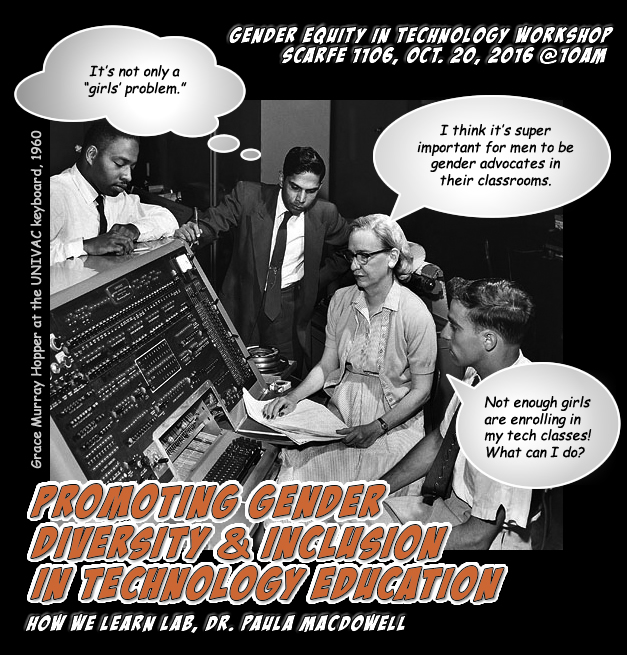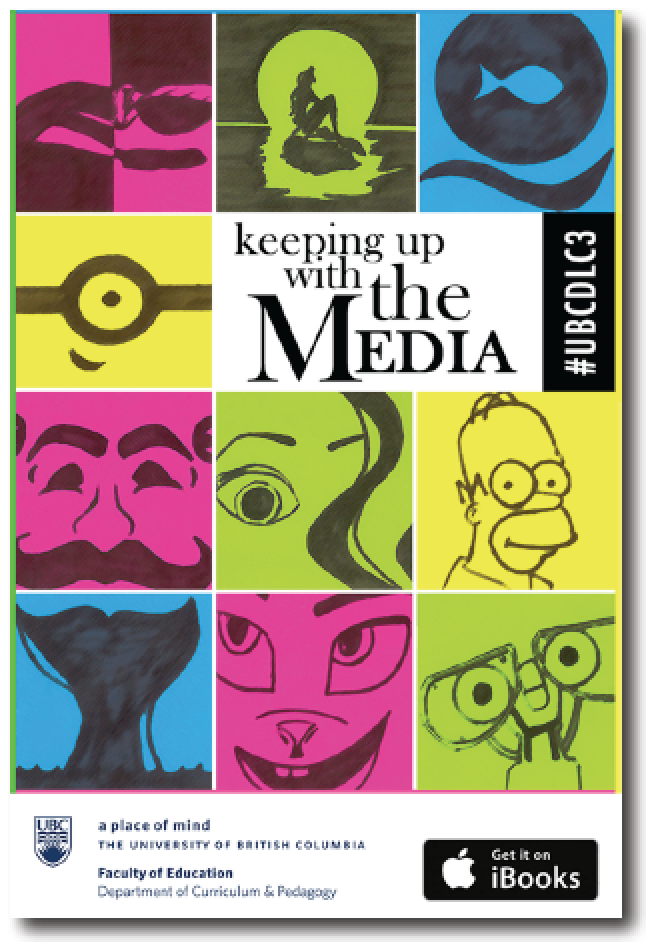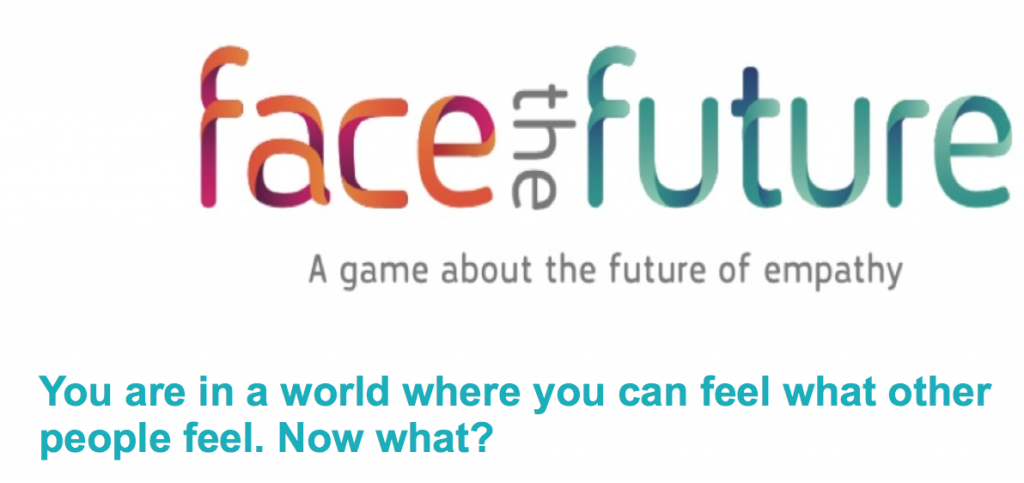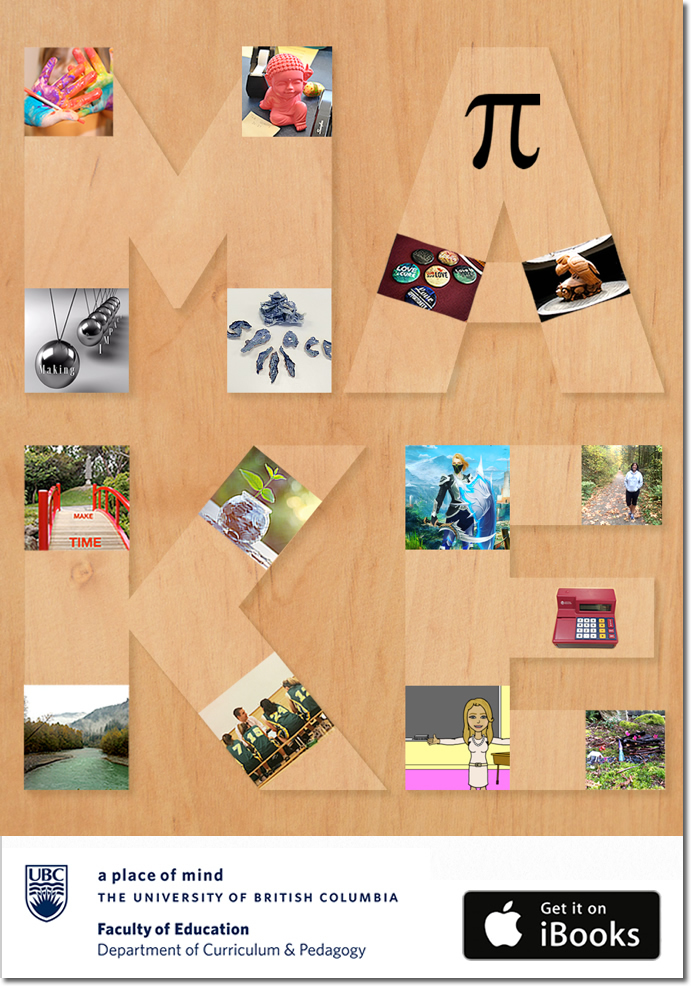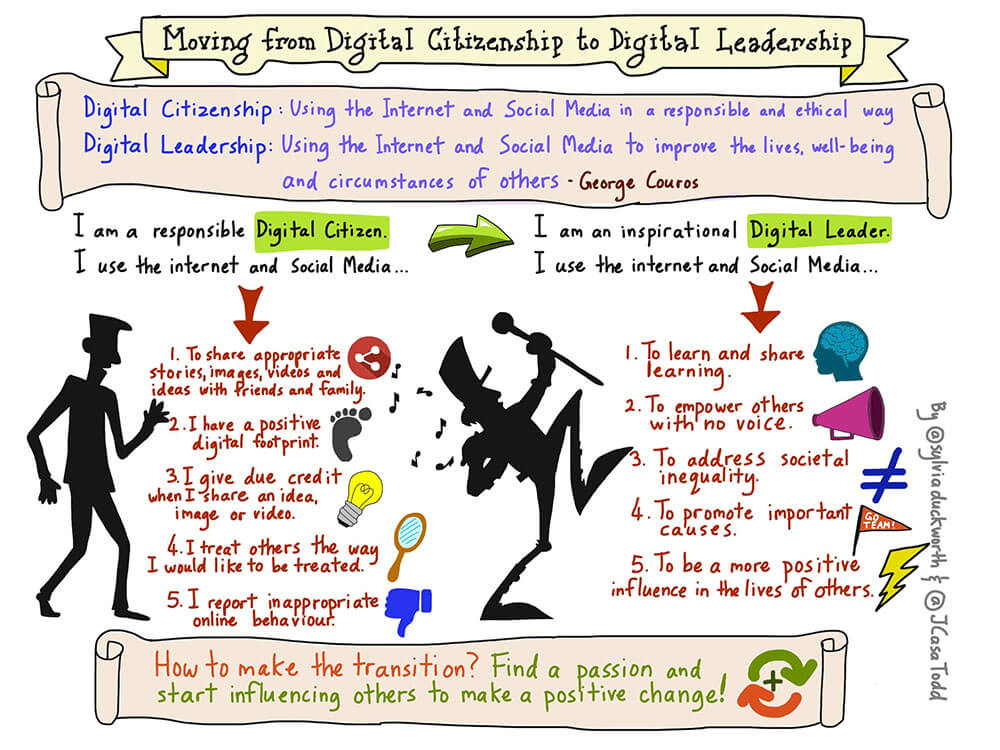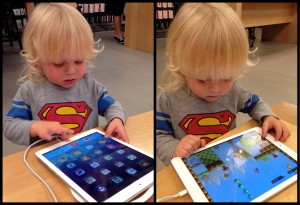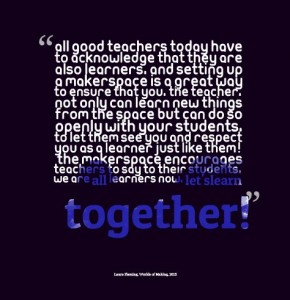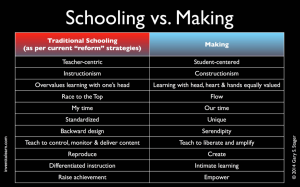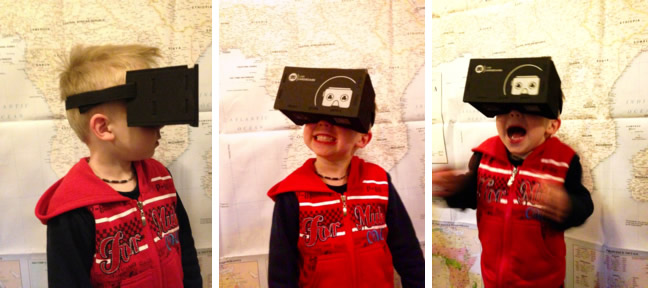DOWNLOAD MEDIA STUDY GUIDES BY STUDENTS IN THE EDCP 481 MEDIA STUDIES COURSE AT UBC:
Table of Contents
Sex-uality Education Media Study Guides: Grades 4-5
Consent for Kids (A. Trainor)
Peace Education Media Study Guides: Grades 8-12
Encanto (Jared Abreu, Elena Munk, & Victoria Yule)
Indigenous and Black Lives Matter Media Study Guides: Grades 8-12
Reservation Dogs (Arlyn Jordan & Zach Howe)
The Hate U Give (Nicholas Albrino, Ashley Haidish, & Nikki Melton)
EcoMedia Study Guides: Grades 8-12
Bee Movie (Cassidy Vandop & Brittney Zacharuk)
Jurassic Park (Ryan Guevara & Paul Towler)
Media Study Guides 4 – 12 (2021): Black Lives Matter, Indigeneity, Covid-19, and Climate Change
Table of Contents
Black Lives Matter Media Study Guides: Grades 8-12
White Privilege (Taya Bremner, Chris Weiss, & Rachel Windhorst)
The Hate U Give (Tanvir Gill, Angela Hadizadeh-Marin, & Salemah Shidian)
Indigenous Media Study Guides: Grades 8-12
“Why Us” by N’we Jinan Artists (Amy Chuang, Amanda Ghag, Alexis Pitches)
Never Alone (Kisima Inŋitchuŋa) (Simran Bassi, Raveena Dhak, & Caitlyn Li)
The Grizzlies (Chris Chambers, Stephen Cobb, & Mitchell Vaale)
Covid-19 Media Study Guides: Grades 8-12
Totally Under Control (Alexis Ewacha & Sarah Merx)
Grey’s Anatomy (Marie Bond, Lindsay Hoegman, & Nico Yu)
Songbird (Brad Deans & Isaiah Groom)
EcoMedia Study Guides: Grades 4-12
Kiss the Ground (Gary Lesperance, Debby Knoke, Ulfah Ma’rifah)
Nausicaa (Jeff Tench, Makayla Kowaliuk, & Luke Clements)
Princess Mononoke (Sam Lin, Justin Neumeyer, & Morgan Peever)
Star Wars Rebels (Devon Kroeger & Lewis McGinn)
Media Study Guides 4 – 12 (2020): Black Lives Matter, Climate Change, and Covid-19
Table of Contents
Black Lives Matter Media Study Guides: Grades 8-12
When They See Us (Vanessa Adebowale, Connor Bliss, & Britt Turner)
The Hate U Give (Caleb Beale, Rajbir Kang, Alicia Martin, & Kirsten Rusko)
Selma (Sonia Huda & Brandon Thicke)
Glory Road (Camille Cruz, Matthew Ng, & Matthew Woo)
Brooklyn Nine-Nine (Courtney Block & Jacky Tran)
Do The Right Thing (Jon Klyne, Wam Huis in’t Veld, & Tyson Tambellini)
EcoMedia Study Guides: Grades 4-12
Invasion (Christina Anderson & Emily Goltz)
Chile’s Greenest Town? What Finland can Learn from La Pintana (Fabian Santis & Natalia Villalobos)
The Lorax (Fahim Karmali, Darleen Saxer, & Saige Woolley)
Wall-e (Karina Jimenez & Samantha Hussey)
Blue Planet II (Carolina Budzynska & Andrew Wickerson)
Covid-19 Media Study Guides: Grades 8-12
Consumer Influences Through Covid-19 (Guadalupe Isak & Tim Ruchkall)
Contagion (Taylor Richardson & Andrew Senay)
Regular Heroes (Sam Yousefifard)
EcoMedia Study Guides 6 – 12 (2019)
Table of Contents
EcoMedia Study Guides: Grades 4-7
Boy Who Harnessed the Wind (Gabriel Jones, Lilian Marchesoni & Chad West)
EcoMedia Study Guides: Grades 8-12
Before the Flood (Victor Cai, Ken Lindsay, Dayna Mathieson & Sarah Matthews)
Our Rising Oceans (Alex Campbell, Alexis Clift, Jassi Kang & Luke Vanderzalm)
Climate Change PSAs (Janine Dickie, Dan Northgraves, Amaris Odermatt, Sean Ware & Sophia Yang)

 Follow
Follow